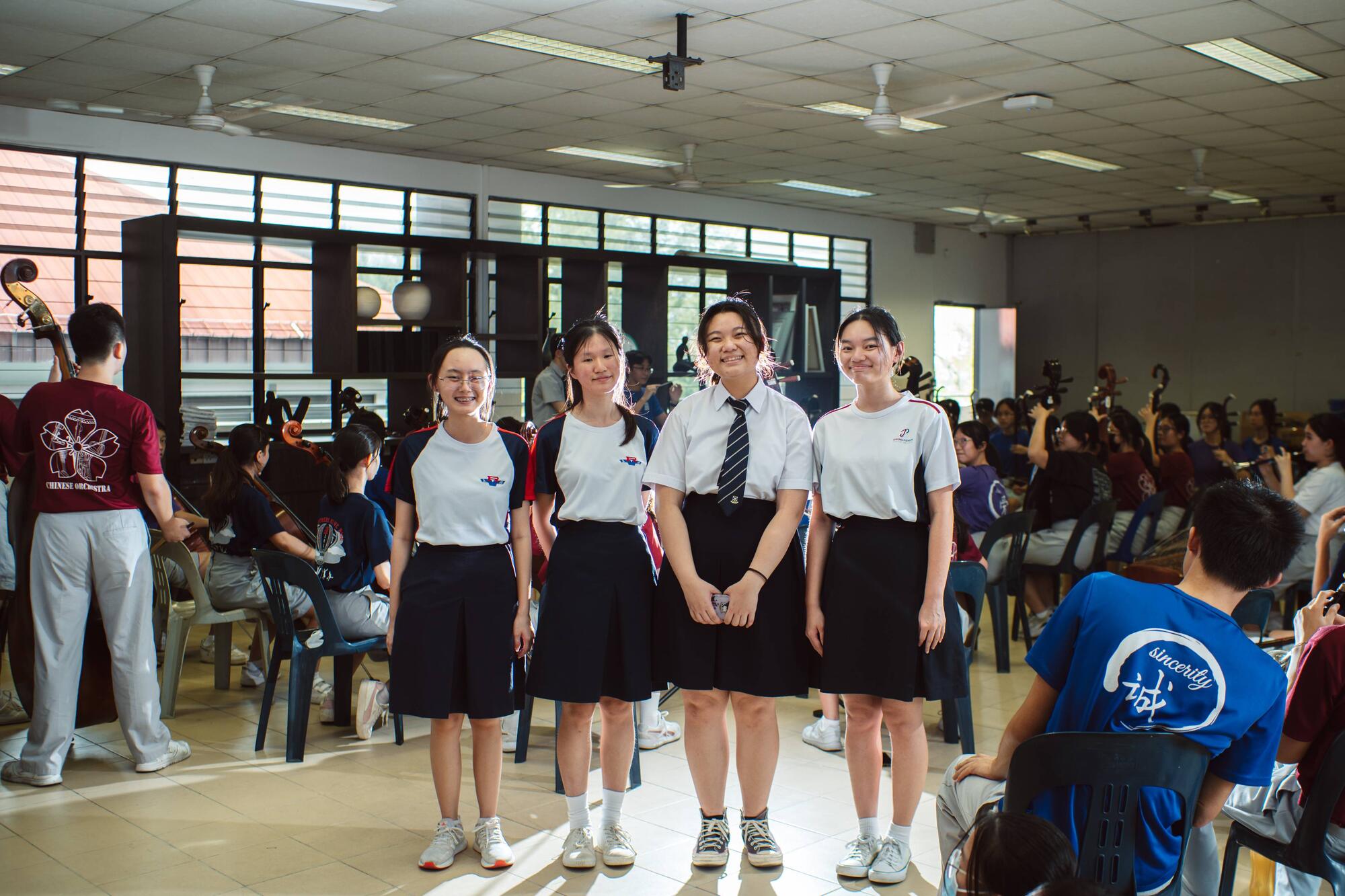Creating the right Environment online
29 Sep 2020
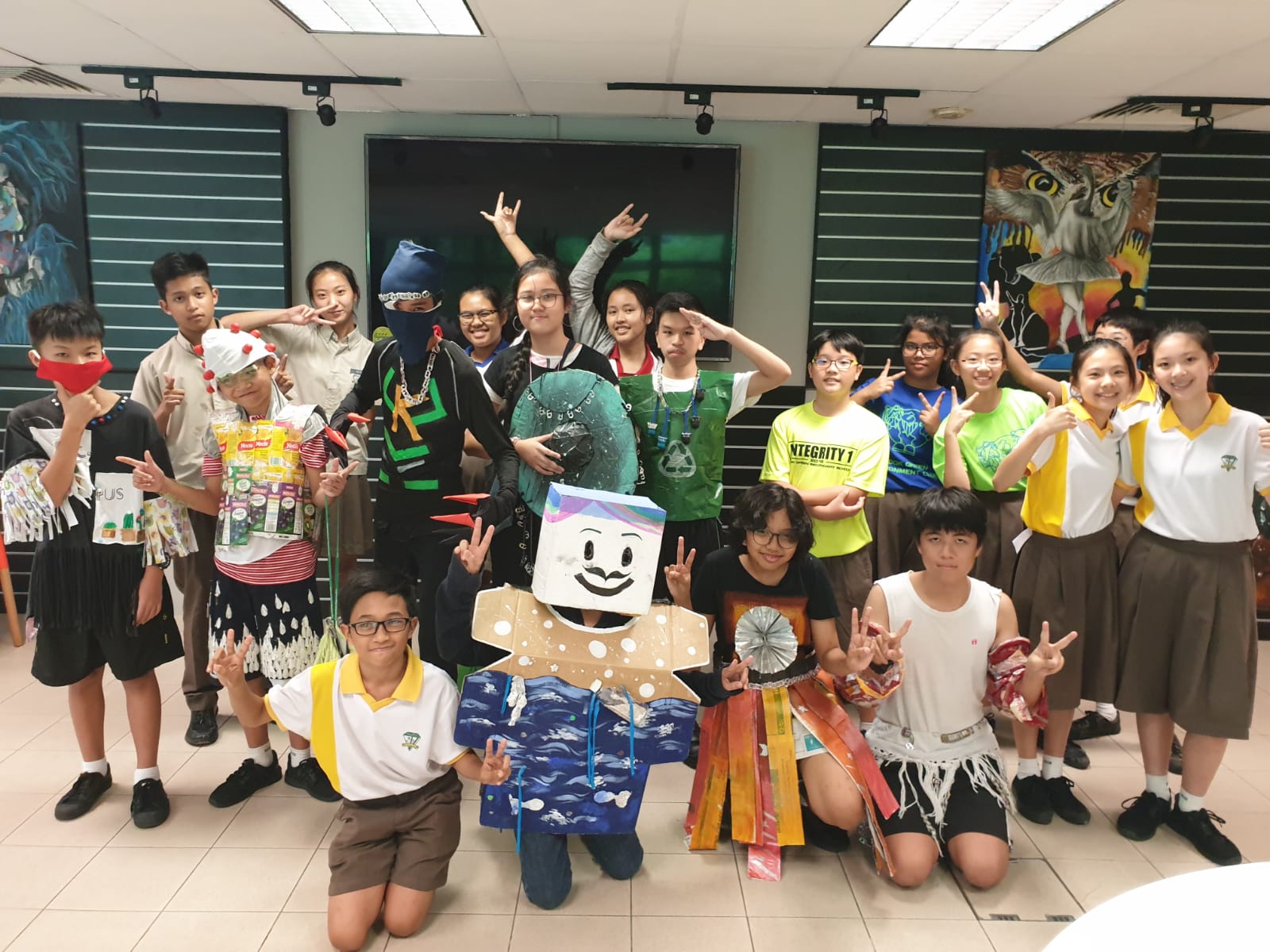
Eco-friendly science projects for Bedok Green Secondary’s Environment Club used to take place outdoors or in the classroom. Grace Chia finds out how the school has enabled the students’ online learning through eCCA sessions during social distancing.
Having spearheaded and run the Environment Club at Bedok Green Secondary School for 15 years since 2005, Mrs Tang-Lee Choon Tien found herself having to adapt the CCA to go online for the first time, thanks to the climate caused by Covid-19.
“Our students belong to this generation who are very IT savvy. They like to use gadgets, so it’s good we can tap on their skills with digital apps and interactive tools when they are preparing videos, PowerPoint slides, Kahoot quizzes, among others, for their projects.”
A veteran teacher with 33 years under her belt, Mrs Tang has been a Science and Biology teacher at Bedok Green Secondary since 2004. Previously, she taught at Changkat Changi Secondary, Guangyang Secondary and Outram Secondary.
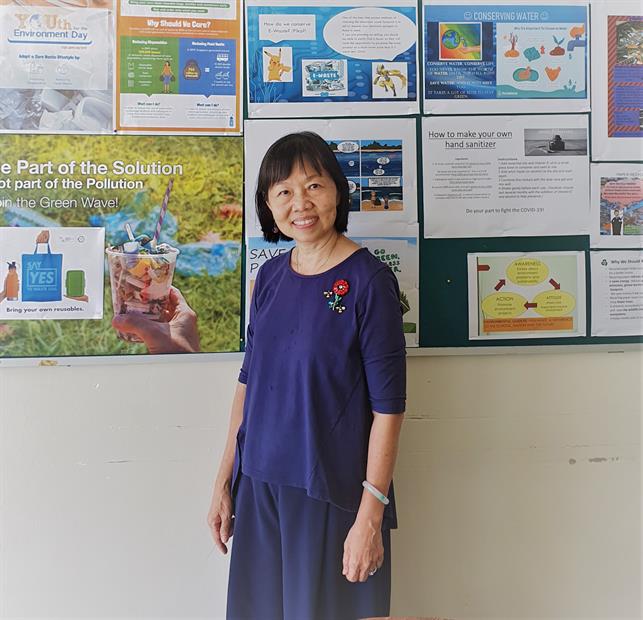
Mrs Tang-Lee Choon Tien posing in front of the Environment Club’s notice board
The timing for taking the Environment Club online was just right. The school had begun Home-based Learning and students were equipped with laptops or computers and Internet connectivity, including the technical skills required to go online independently. Those who didn’t have the equipment were loaned one from the school.
Mrs Tang says, “Together with the Environment Club CCA colleagues, we believe that even during the circuit breaker period, we can find suitable activities to engage our students.”
One of the main objectives of the Club is to teach environmental sustainability. Before the pandemic, her students would take part in the annual Clean & Green Singapore Carnival to teach visitors how to make terrariums using recycled plastic bottles or photo albums using cartons. They have also taken part in the Singapore Kindness Movement and recycled art competitions, and one year, they made a clock using number keys from an old computer keyboard. The Club has also started a sustainable garden in the school by growing organic and edible plants.
Mrs Tang says, “During the early phase of the pandemic, people tried to reduce their visits to the supermarket. I had the idea of asking the students to grow their own food, in this case, beansprouts, which they could also consume. They had to document this process through journals, taking photos and videos and presenting it to the Club at the end.”
The result was surprising. Students who were otherwise introverted and shy in the classroom began to open up online. Mrs Tang says, “In the comfort of their homes, students are more relaxed than in a school setting. This gives them the confidence to speak up and present their work online.” Moreover, the beansprouts project also benefited their families. “The students who successfully grew their beansprouts gave them to their mothers or whoever was cooking at home to make a dish.”
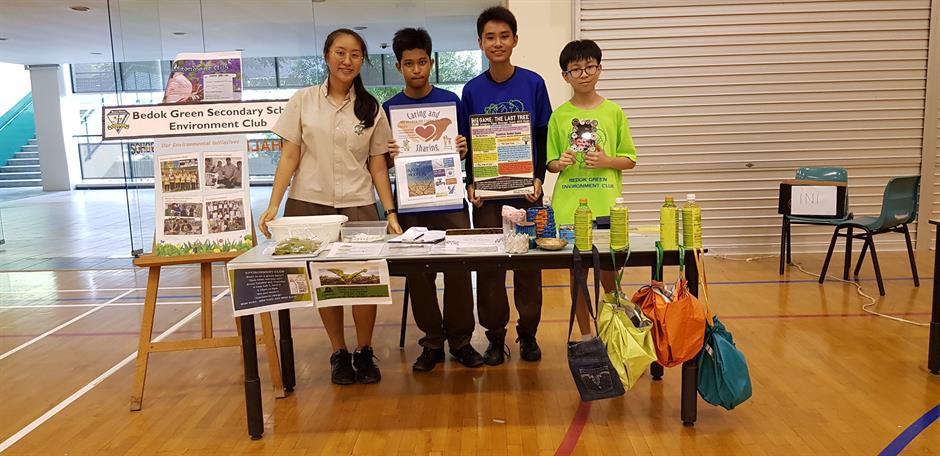
Students from the Environment Club with their projects on display
As part of their online learning process, Mrs Tang has arranged for the students to attend talks on Zoom conducted by experts from Nature Society (Singapore). Over 7 sessions of the ‘Every Singaporean a Naturalist’ programme, her students learn from experts about biodiversity, migration of birds, butterfly species and endangered animals and how to engage with our urban nature. This knowledge is useful for when the students prepare their projects.
Mrs Tang says, “One of the things I teach during eCCA is about using authentic sources for their presentations, such as knowing how to differentiate what is being circulated online as fake news or otherwise, as in the case of recent viral videos of wild animals migrating to urban cities. I also teach about online etiquette and monitor the students during eCCAs. I make sure when their video cameras are on, they are on task and following the session closely.”
What Mrs Tang would like, going forward, is to empower the students by giving them ownership to run the sessions. “I will ask volunteers from the club, let me know what you would like to do and who would like to do what? I can take on the role of a guide in the beginning and let them take charge of the session. This helps build their leadership capability.
“For instance, I was so amazed by my Sec 1 and 2 students who, right after they attended a talk on biodiversity, volunteered to do a presentation on GoogleMeet!”
In May, as the circuit breaker period coincided with Mothers’ Day, some of her club members on their own initiative, made presents for their mothers using recycled materials and shared them online. Some used bottle caps to make pictures of flowers while others used newspapers to make household containers with compartments. Mrs Tang says, smiling, “Mind you, all these were made by guys. They constantly surprise me.”
*This is a series of articles on eCCAs being conducted in MOE schools. Click here for:
Greendale Primary School’s Chess Club | Admiralty Primary School’s Choir | St. Margaret’s Secondary School’s Debate Club

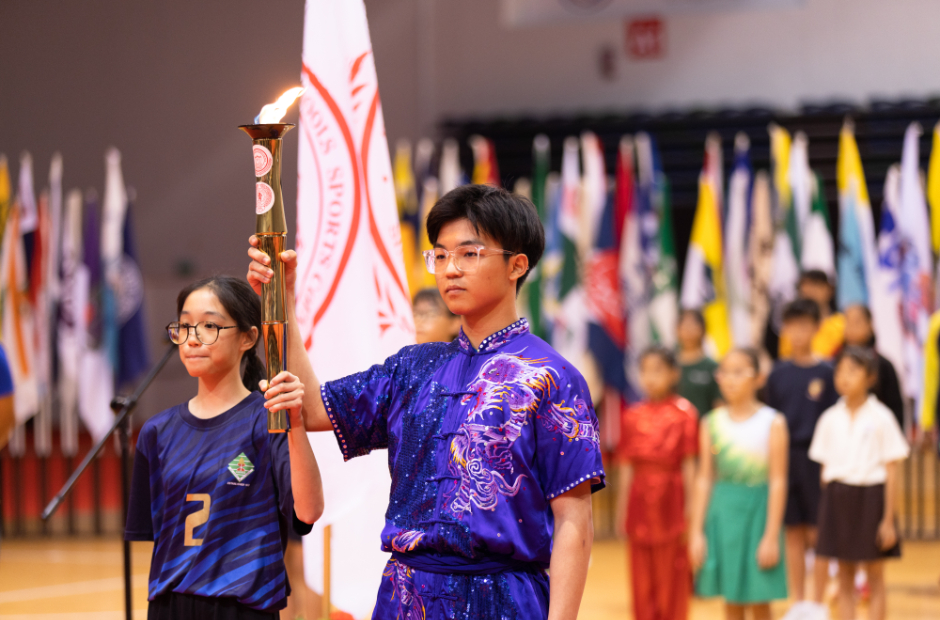
.jpg)
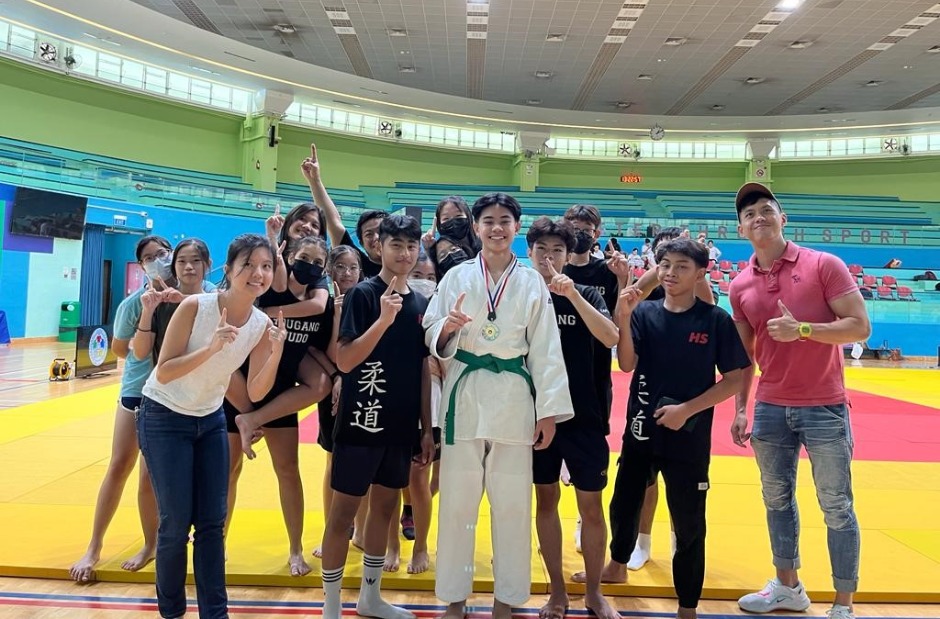
.jpg)
